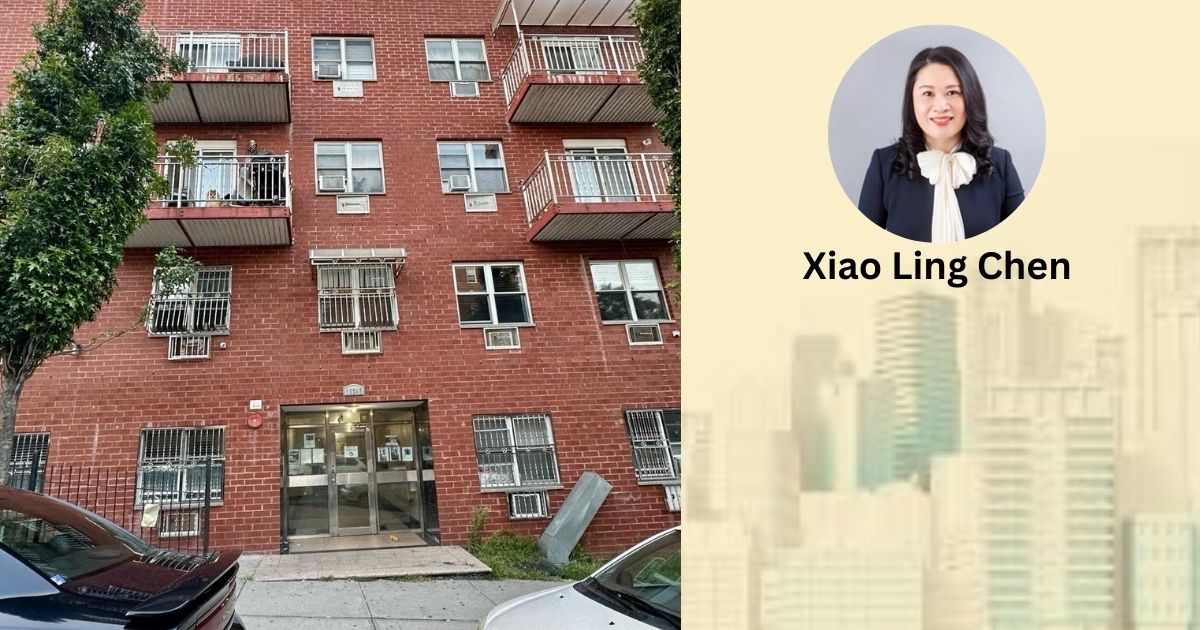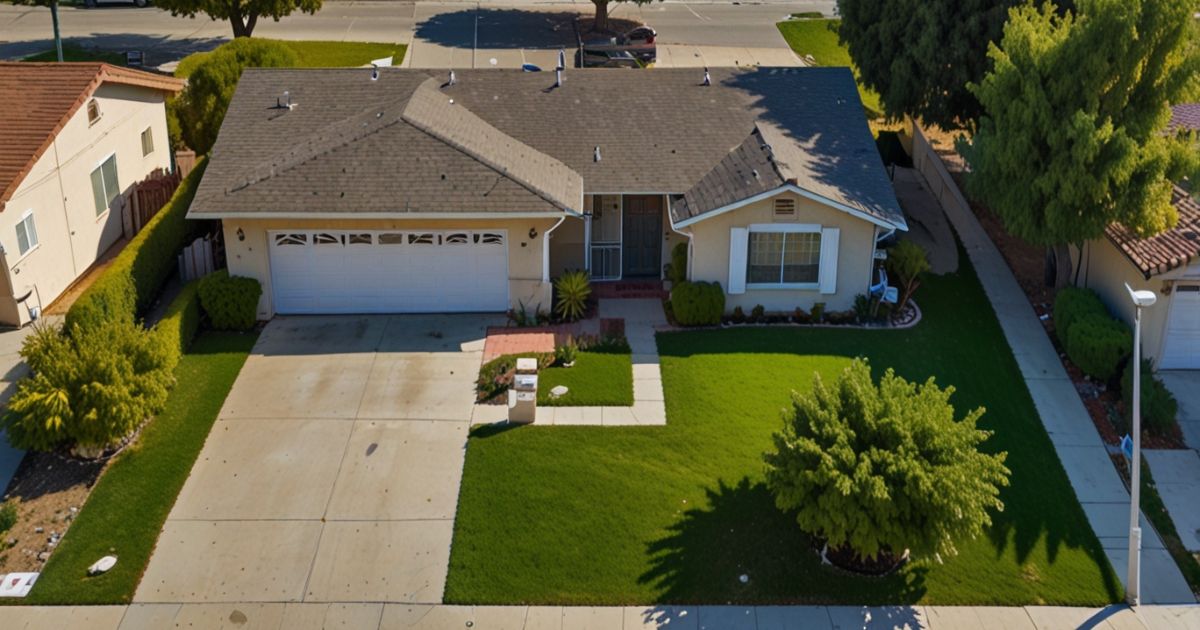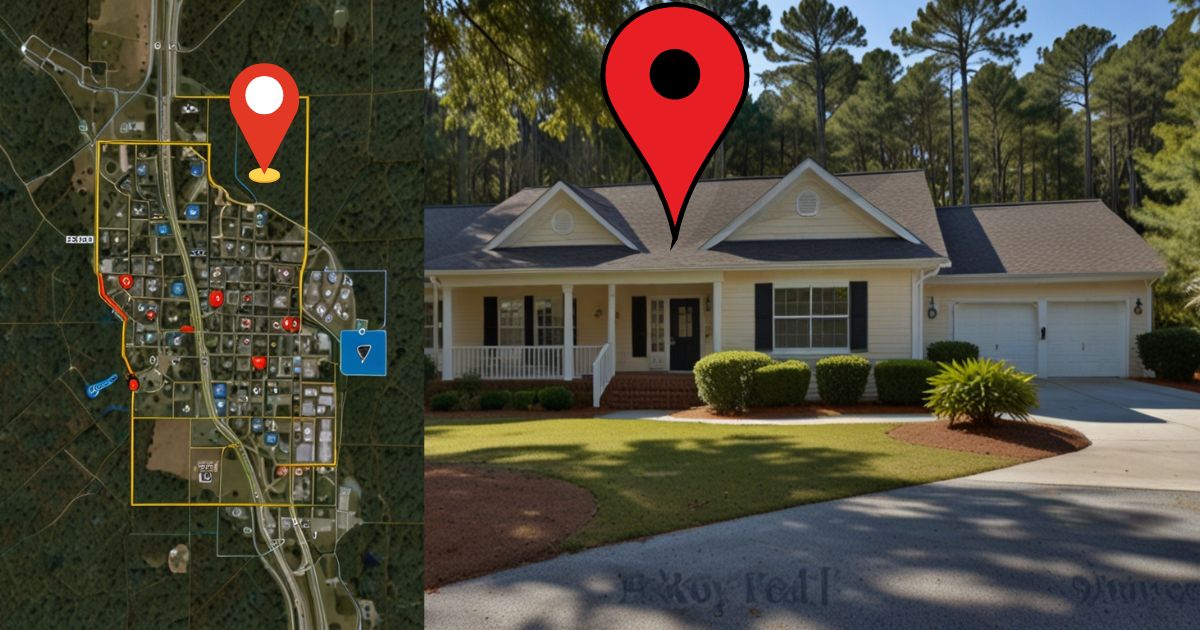When selling a house, one of the biggest considerations is the cost involved. Estate agents play a crucial role in the process, handling everything from marketing the property to negotiating with buyers. However, their services come at a price, and understanding how much estate agents charge to sell a house is essential for anyone looking to put their property on the market.
In this article, we’ll break down the typical fees and commission structures that estate agents charge, how these costs can vary depending on factors like location and type of agent, and what services are typically included in these fees. By the end, you’ll have a clear idea of what to expect and how to choose the best estate agent for your needs.
Types of Estate Agents and Their Fee Structures

Traditional Estate Agents
Traditional estate agents typically have high-street offices and offer a full range of services, including property valuations, marketing, viewings, negotiations, and liaising with solicitors during the sale. For this reason, they often charge higher fees compared to online-only agents.
Traditional agents usually charge a commission-based fee, which is a percentage of the sale price of your home. This fee structure means that the estate agent’s income is directly linked to the final sale price, giving them an incentive to sell your house for the highest possible amount.
Average Fees for Traditional Estate Agents
- 1% to 3% of the sale price: This is the standard commission range for most traditional estate agents.
- VAT: In many countries, the agent’s fee will be subject to VAT (Value Added Tax), typically 20% in the UK. This means the total charge could be up to 3.6% including VAT.
- Negotiable fees: Some estate agents may be open to negotiating their commission, especially in a competitive market or if your property is high value.
For example, if your home sells for £300,000 and the estate agent charges a 2% commission, you would pay them £6,000 plus VAT, which brings the total fee to £7,200.
Online Estate Agents
Online estate agents offer a more cost-effective alternative to traditional agents by operating without physical offices and providing limited face-to-face services. These agents primarily function through digital platforms and charge fixed fees rather than commissions.
Online agents often allow you to choose from different packages depending on the level of service you require, and prices can vary accordingly. Typically, their services include property listings, marketing on major real estate portals, and sometimes virtual tours or video viewings.
Average Fees for Online Estate Agents
- Fixed fees: These can range from £300 to £1,500, depending on the level of service.
- Pay upfront or on completion: Some online agents require you to pay upfront, while others offer the option to pay once the property is sold. Paying upfront is usually cheaper but comes with a risk, as you’ll have paid regardless of whether the sale goes through.
- Optional extras: Online agents often charge extra for additional services like conducting viewings, professional photography, or arranging an Energy Performance Certificate (EPC).
For sellers looking to minimize costs and manage some parts of the selling process themselves, online estate agents can be a good option. However, they might not provide the same level of local knowledge or personalized service as traditional agents.
Hybrid Estate Agents
Hybrid estate agents offer a middle ground between traditional and online agents. They combine lower fees with more hands-on service than online agents, often including local property experts who handle valuations and viewings.
Average Fees for Hybrid Estate Agents
- Fixed fees or low commissions: Hybrid agents usually charge fixed fees starting around £999 or may charge lower commissions than traditional agents (around 1% or less).
- Payment options: Like online agents, hybrid estate agents may give you the choice of paying upfront or upon completion.
What Do Estate Agent Fees Include?

Whether you choose a traditional, online, or hybrid estate agent, it’s important to understand what services are included in the fees they charge. These services can vary depending on the agent and the type of package you select.
Property Valuation
Most estate agents offer a free property valuation as part of their service. This valuation is based on the agent’s knowledge of the local property market and is crucial in determining a competitive asking price.
Marketing and Advertising
One of the main tasks estate agents handle is marketing your property. This includes:
- Listing your home on major property websites such as Rightmove, Zoopla, or Realtor.com.
- Creating professional photos and descriptions to showcase your property.
- Advertising through social media or in local newspapers (if offered).
For traditional agents, these marketing services are usually included in their commission fee, while online agents may offer these services as add-ons.
Conducting Viewings
Many traditional agents will handle viewings for potential buyers, scheduling appointments, and showing people around your home. Some online agents charge extra for this service, as they may expect you to conduct the viewings yourself.
Negotiating Offers
A good estate agent will help negotiate offers on your behalf, working to ensure you get the best possible price for your home. This is typically included in the overall service, and it’s where traditional estate agents earn their commission.
Progressing the Sale

Once an offer is accepted, the estate agent plays a key role in progressing the sale. They will liaise between you, the buyer, and your solicitors to keep the process moving smoothly and ensure everything is in order for a successful exchange of contracts and completion.
Additional Costs to Consider
Energy Performance Certificate (EPC)
In many countries, it is a legal requirement to have an Energy Performance Certificate (EPC) when selling a home. This document rates the energy efficiency of your property and must be obtained before marketing the property. The cost for an EPC can range from £60 to £120, depending on the provider.
Conveyancing Fees
In addition to estate agent fees, you’ll need to hire a conveyancer or property lawyer to handle the legal aspects of the sale. Conveyancing fees can vary but typically range between £800 and £1,500.
Removal Costs
Don’t forget to factor in the cost of moving once your house is sold. Removal services can cost anywhere from £300 to £1,500 depending on the distance and the amount of belongings being transported.
Ways to Save on Estate Agent Fees
Compare Multiple Agents
One of the best ways to ensure you’re getting a good deal is to compare several estate agents before making a decision. Ask for quotes from at least three agents, and don’t be afraid to negotiate their fees.
Negotiate the Commission
Many estate agents, particularly traditional ones, may be open to negotiating their commission, especially if you have a valuable property or if you’re selling in a fast-moving market. Aim to get the lowest commission rate possible without sacrificing service quality.
Consider a Sole Agency Agreement
A sole agency agreement means you will only work with one estate agent to sell your home. In exchange, agents often offer lower commission rates for sole agency contracts compared to multi-agency agreements where multiple agents are involved.
Choose Online or Hybrid Agents
If you’re comfortable managing certain aspects of the sale, such as conducting viewings, choosing an online or hybrid agent can save you money. These agents charge lower fees while still providing essential services like marketing and negotiating.
Conclusion
When selling your home, the cost of estate agent fees can vary widely depending on the type of agent you choose, the services they offer, and the complexity of your sale. On average, traditional estate agents charge 1% to 3% of the sale price, while online agents offer fixed fees ranging from £300 to £1,500. Hybrid agents fall somewhere in between, offering competitive prices with a mix of in-person and online services.
It’s important to weigh the costs against the level of service you require, whether that’s the convenience of a full-service traditional agent or the savings of a more DIY approach with an online agent. By comparing options and negotiating fees, you can find the right estate agent that fits both your budget and your needs, ensuring a successful and smooth home-selling process.










